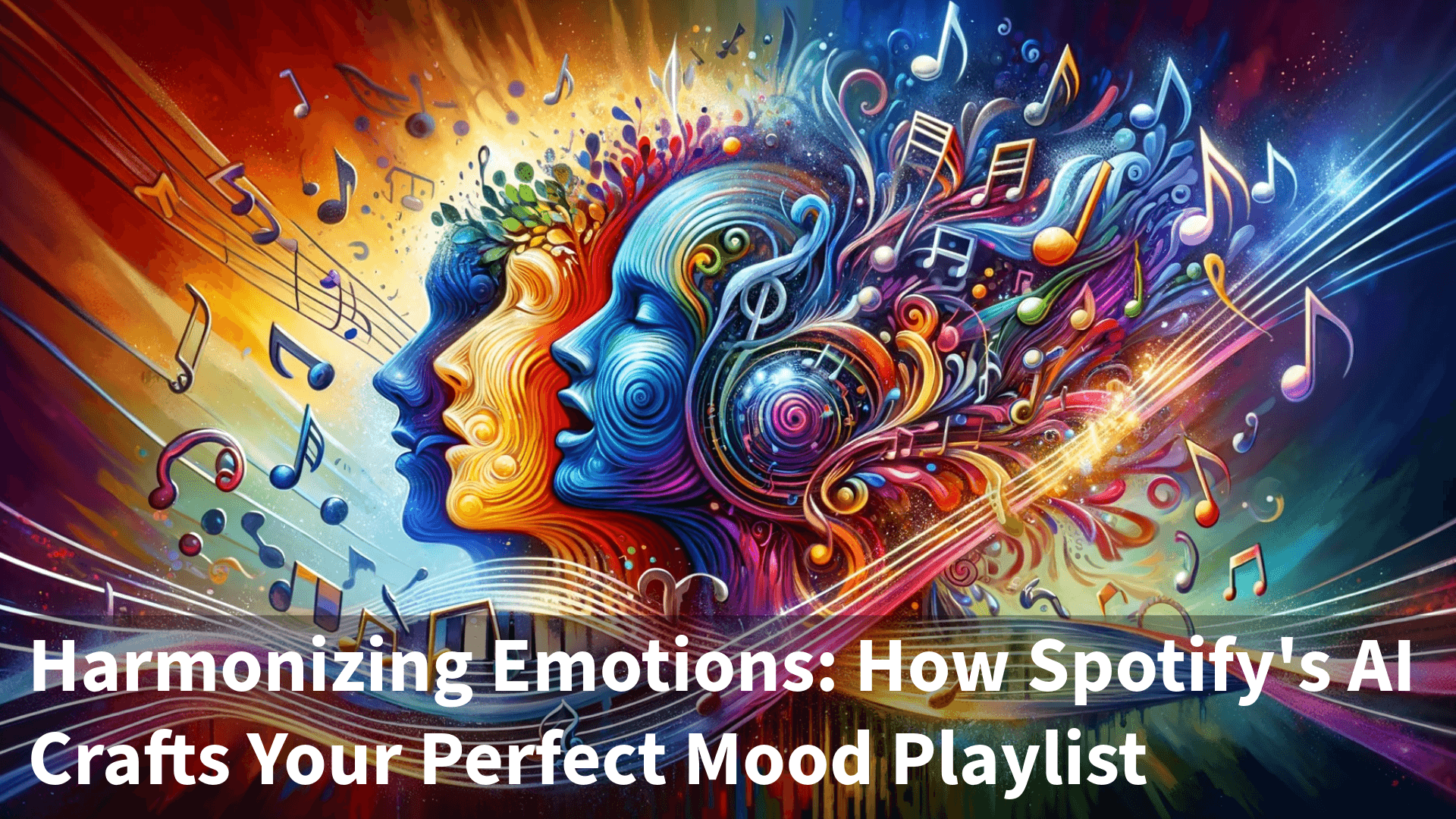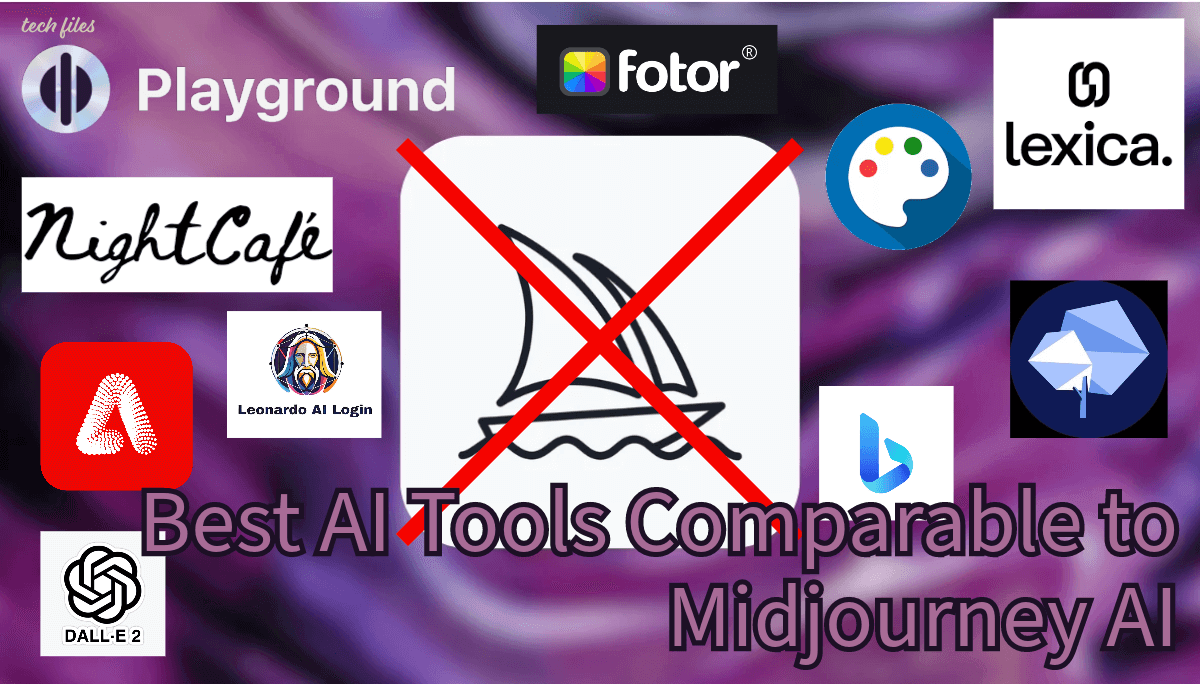Methodology for Emotion-Aware Education Based on Artificial Intelligence

The methodology for emotion-aware education based on artificial intelligence (AI) seeks to leverage AI algorithms to recognize and understand students’ emotions in real-time.
Some key points from the search results
- The methodology for emotion-aware education is a growing field of research that aims to improve students’ academic performance and well-being by recognizing and responding to their emotions in real-time.
- The methodology involves the use of AI algorithms, such as machine learning and deep learning, to analyze data from various sources, including facial expressions, voice tone, and physiological signals, to recognize and understand students’ emotions.
- The methodology also involves the development of emotion-aware learning technologies, such as e-learning platforms and cognitive systems, that can adapt to students’ emotional states and provide personalized feedback and support.
- The methodology is based on various emotion theories, including the appraisal theory, which suggests that emotions are the result of an individual’s evaluation of a situation, and the affective model of interplay between emotions and learning, which proposes that emotions can affect cognitive processes and learning outcomes.
- The methodology also involves the use of emotion recognition tools, such as facial recognition software and physiological sensors, to collect data on students’ emotions.
- The methodology can be applied in various educational settings, including virtual environments and traditional classrooms, and has the potential to improve students’ engagement, motivation, and academic performance.
In conclusion, the methodology for emotion-aware education based on artificial intelligence involves the use of AI algorithms and emotion recognition tools to recognize and understand students’ emotions in real-time. It also involves the development of emotion-aware learning technologies that can adapt to students’ emotional states and provide personalized feedback and support. The methodology has the potential to improve students’ engagement, motivation, and academic performance in various educational settings.
There are several examples of emotion-aware learning technologies that have been developed.
Some examples
- Emotion-aware e-learning platforms: These platforms use AI algorithms to recognize and respond to students’ emotions in real-time. For example, an emotion-aware e-learning platform architecture has been proposed that recognizes students’ emotions and attention to improve their academic performance.
- Virtual learning environments: Virtual learning environments (VLEs) can be designed to be emotion-aware by incorporating emotion recognition tools, such as facial recognition software and physiological sensors. One study investigated students’ intention to use an emotion-aware VLE and found that a lecturer’s interaction can make a difference.
- Affective learning companions: Affective learning companions are AI-based systems that can adapt to students’ emotional states and provide personalized feedback and support. An affective model of interplay between emotions and learning has been proposed to reengineer educational pedagogy and build a learning companion.
- Emotion-aware learning analytics systems: These systems use AI algorithms to analyze data on students’ emotions and provide insights into their learning behaviors. For example, an emotion-aware learning analytics system based on semantic task automation has been proposed to improve students’ academic performance.













Sharing is caring!